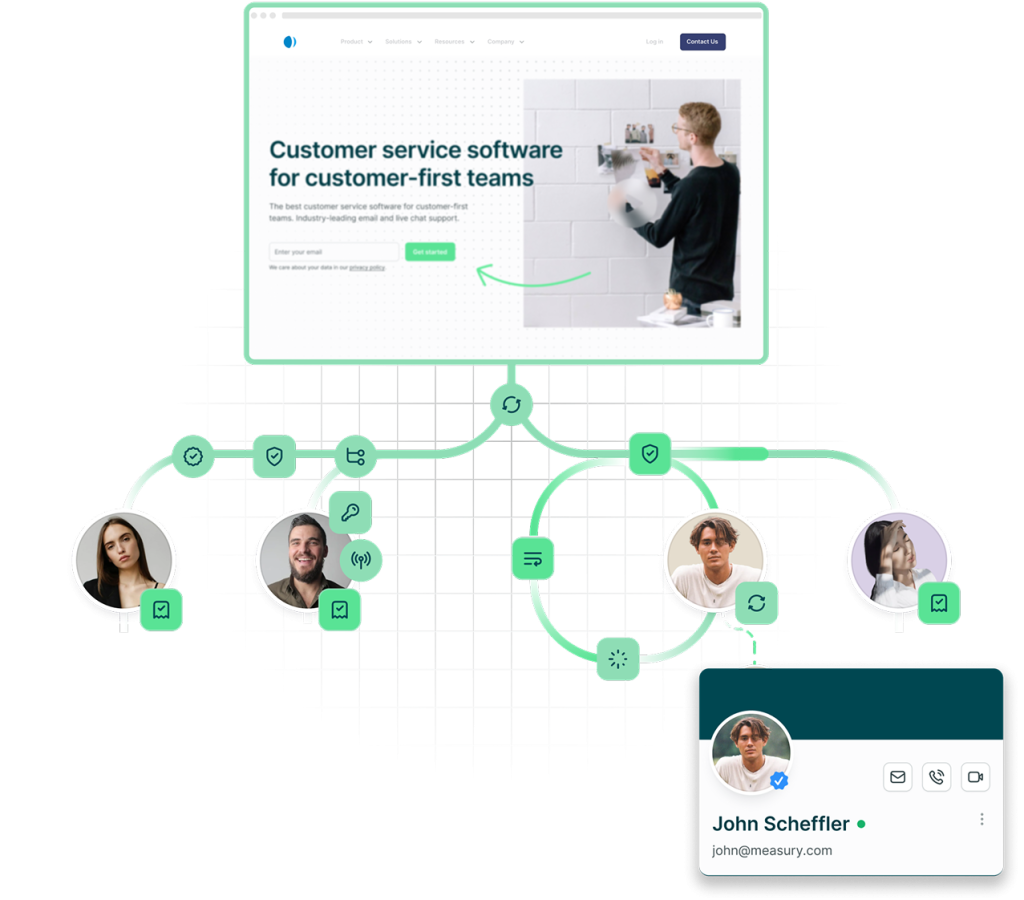Companies using Shunra by HP Development Company, L.P in 2026
As of 2026, 123 verified companies use Shunra – across industries, company sizes, and geographies. This is real, verified data. Whether you’re looking to analyze the market, build a target list, or get a sales edge – this is your starting point.
What is Shunra by HP Development Company, L.P?
Shunra by HP, provides network emulation and testing solutions. It’s designed to simulate various network conditions to optimize application performance. It is used by IT departments, QA teams, and network engineers across diverse industries such as software development, telecommunications, and financial services.
Last updated date
Number of Companies using
123
The majority are based in the
United States
Most common industry?
Finance
Shunra’s sample user list in 2026
We have data on 123 companies that use Shunra. Our Shunra customers list is available for download and comes enriched with vital company specifics, including industry classification, organizational size, geographical location, funding rounds, and revenue figures, among others.
Get a Free Sample of Companies that use Shunra
We’ll send you a personalized preview of companies using Shunra—tailored to your ideal customer profile. No fluff. Just verified data. And a chance to turn tech signals into pipeline.
Shunra users and customers by country
2.6K Companies
2.6K Companies
2.6K Companies
2.6K Companies
Where Shunra Shows Up Most
Shunra is used across a wide range of sectors:
Finance
Manufacturing
Banking
Software
Business Services
From lean startups to global enterprises, Shunra’s footprint is wide, and that means opportunity.

Tech Stack Database
How It Works
It’s everything you wish outbound was—automated, precise, and scalable.
- Landbase finds and qualifies your ideal prospect data automatically
- Landbase deploys specialized AI agents to generate and run high-converting campaigns
- Landbase executes across all channels, handling all the technical complexity behind the scenes.
- Your pipeline fills up. You get to focus on strategy, not busywork.
Trusted by High-Performing GTM Teams
Join the teams using Landbase to:
- Eliminate manual prospecting
- Fill pipeline faster
- Win against competitors
- Built for SDRs, AEs, RevOps, and GTM Leaders
- Powered by AI. Delivered with Speed
FAQs
Contact UsHow current is this data?
This data is updated on August 17, 2025
What is Shunra by HP?
Shunra by HP provides network emulation and testing solutions designed to simulate various network conditions to optimize application performance.
What industries use Shunra?
Shunra is used across diverse industries such as software development, telecommunications, and financial services.
How many companies are using Shunra in 2026?
As of 2026, there are 123 verified companies using Shunra.
Which country has the highest number of companies using Shunra?
The United States has the highest number of companies using Shunra.
What is network emulation?
Network emulation involves simulating the characteristics of a real network in a testing environment. This allows teams to observe how applications perform under different network conditions, such as latency, packet loss, and bandwidth limitations, without impacting the live network.
